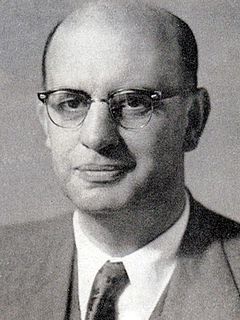A Quote by P. W. Botha
Our history is responsible for the differences in the South African way of life.
Quote Topics
Related Quotes
We do not have a South African as a member of the African Commission. The President of the Commission comes from Mali, the Deputy comes from Rwanda and then we have got all these other members, ordinary commissioners. There is no South African there. And the reason, again, for that is not because we didn't have South Africans who are competent.
Black History is enjoying the life of our ancestors who paved the way for every African-American. No matter what color you are, the history of Blacks affected everyone; that's why we should cherish and respect Black history. Black history changed America and is continuing to change and shape our country. Black history is about everyone coming together to better themselves and America. Black history is being comfortable in your own skin no matter what color you are. Black history makes me proud of where I came from and where I am going in life.
The international community has to overcome its differences and find solutions to the conflicts of today in South Sudan, Syria, Central African Republic and elsewhere. Non-traditional donors need to step up alongside traditional donors. As many people are forcibly displaced today as the entire populations of medium-to-large countries such as Colombia or Spain, South Africa or South Korea.
Terroir - the taste of place - was important from the early South of the first Indian, African, and Europeans to the nineteenth-century South. During that time, Southerners ate far more locally and seasonally, from the ground they knew and grew up on. That idea connects back to today. You are a place. And as a Southerner, the food you place in your body speaks of your personal history, and of the broader Southern history.
I don't think there are any pure Africans of the African Americans, but the African part of our history was pretty much taken away from us during slavery, so the 60s gave us a chance, because of the civil rights movement, to kind of re-examine and make some sort of formal connection to our African-ness.































